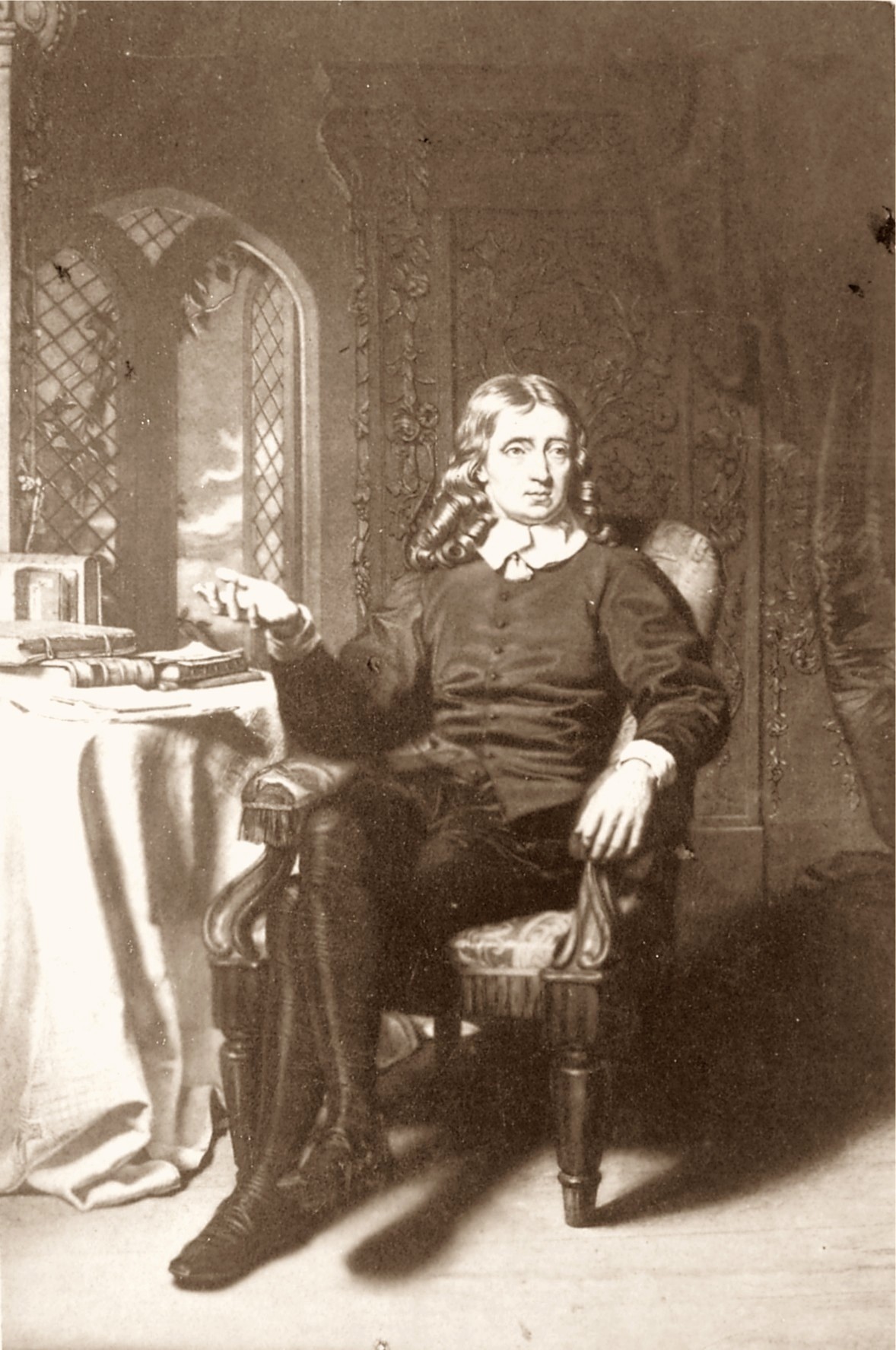In comments on Stephen Cook’s post I asserted that scholars outside of the field of biblical literature proper (e.g., English faculty who teach “The Bible as Literature”) often deal with what Stephen referred to as “the white elephant in the room: Scripture by its nature is all about claims to suprahistorical truth.”
It so happens that last night I read an article by a colleague from PSU-Lehigh Valley, Margaret Christian. She is an Associate Professor of English and the article “Academic and Personal Connections to the Text: The Bible as Literature,” is in the 2004 edition of “Profession” published by the MLA.
This article in many ways addresses specifically the questions to be addressed in our SBL sessions, but from the perspective of a different discipline. It also addresses many of the questions brought up in the discussions on the various blogs, see especially Blue Cord. Christian identifies herself as, “a practicing evangelical Christian” and she reports that she discloses this to her students saying
“I believe the BIble is God’s word, and I read it every day to hear what He’s saying to me. But that’s not what we’ll be talking about in this class” (p. 87).
The main thrust of her argument is that we as faculty can present the biblical text, as one might Jane Austen to young women (her analogy, not mine), as a text that has meaning to them or, at the least, relevance to them without reducing our scholarly or pedagogical objectivity. As the quote above indicates, she also asserts that revealing one’s own convictions can help open up discussion rather than hinder it. Christian then follows a pattern similar to my own of introducing interpretations of biblical texts from various faith traditions to show how divergent views can arise from common texts. This, to my thinking, is an excellent way to introduce the complexities of reader reception, authorial intent, communal reading, and critical interpretations. None of which can exist entirely on their own.
There are many in our guild and in the academy in general who would, no doubt, argue against such a position. Perhaps even stating that religious convictions assure that the faculty member no longer possesses objectivity. This straw-man is, of course, blind to his own convictions and predilections and is potentially no more or less objective. I tend to lean Christian’s direction although I do not disclose my own religious convictions in class. I do think that we ought to engage our students where they “live” and help them to see the relevance of these texts. Of course, we also need to help them see the importance of learning information that they may well think is irrelevant. That is the challenge of teaching any subject.
As a last note, I also read the SBL Forum article “The Goal of Teaching Biblical and Religious Studies in the Context of an Undergraduate Education” by R. Timothy McLay posted last week. I have some criticism of his views and will hopefully post on that this afternoon.


